April 14, 2025 | 09:57 GMT +7
April 14, 2025 | 09:57 GMT +7
Hotline: 0913.378.918
April 14, 2025 | 09:57 GMT +7
Hotline: 0913.378.918
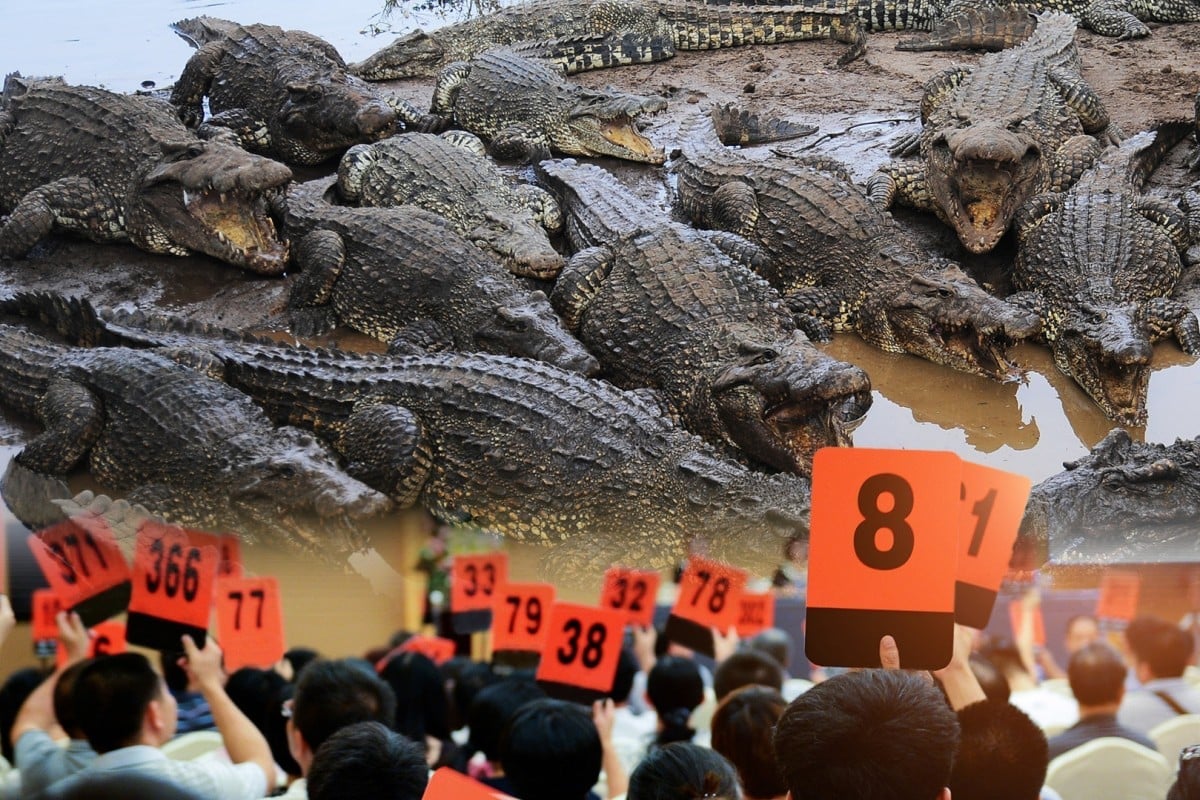
While the crocodile auction has attracted widespread interest online, the court is yet to receive a bid. Photo: Baidu.
A Chinese court will auction off 100 tonnes of live crocodiles for four million yuan (US$550,000) in a sale that requires buyers to pick the reptiles up in person.
The announcement of this unusual auction attracted widespread public attention for its sheer scale and logistical challenges, and also triggered much amusement online.
Recently, the Shenzhen Nanshan People’s Court captured public attention by auctioning off the unlikely animals online. The starting bid has been set at four million yuan.
Alibaba, which owns the South China Morning Post, hosted the auction on its Alibaba Judicial Auction Platform.
The reptiles were originally owned by the Guangdong Hongyi Crocodile Industry Company, which was founded in 2005 by Mo Junrong.
Mo was once dubbed “Crocodile God,” and had registered capital of more than 50 million yuan (US$7 million).
They were confiscated after the company failed to meet its financial obligations, leading the court to attempt to liquidate its assets.
The auction officially launched on March 10 and will continue until May 9.
Crocodiles are considered highly profitable species due to their use in more than 100 products ranging from leather and meat to health tonics, cosmetics, and even wine.
The reptiles on offer are Siamese crocodiles, which have been included in China’s list of wild animals that can be commercially farmed and traded since 2003.
A Siamese crocodile typically weighs between 200 and 500 kg, so 100 tonnes would estimate between 200 and 500 individual reptiles.
Prospective buyers must cover all the costs of collection, including capturing, weighing, loading as well as transporting the crocodiles.
The auction notice also stipulates that buyers must hold an artificial breeding licence for aquatic wildlife under the crocodile category and have the necessary facilities and transport capabilities to handle such a large consignment.
If the buyer fails to meet either of these requirements after the purchase, the court will retain the 300,000 yuan (US$41,000) down payment as a penalty for default.
So far, more than 4,000 people have viewed the auction page, but no one has registered to participate on the online auction.
This is not the court’s first attempt to auction off the crocodiles.
In January and February, the court held two auctions with a starting price of five million yuan and four million yuan respectively, but both auctions failed.
The online auction has sparked amusement on mainland social media.
One person said: “It is so scary. I wonder who will buy them?”
While another joked: “This is not for an ordinary person. You will need a whole industry to handle them.”
Last September, the Dafeng District People’s Court in Yancheng, Jiangsu province, southeastern China, auctioned off a bottle of Sprite, owned by a bankrupt millionaire.
Typically costing six yuan (80 US cents) in shops, the bottle started at a bid of 4.2 yuan, sparking an online debate about the potential waste of judicial resources.
SCMP

(VAN) According to Deputy Prime Minister Bui Thanh Son, through this P4G Summit, Vietnam aims to convey the message of transforming its growth model towards rapid and sustainable development.
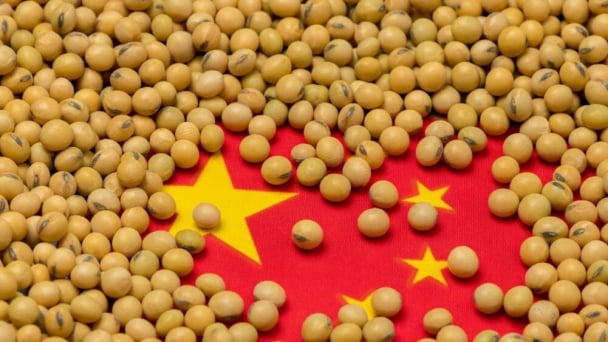
(VAN) Soybean production has been a priority for China to ensure food security, with increased soybean cultivation and yields highlighted in the annual No. 1 Central document.

(VAN) Vietnam Sea and Islands Week 2025 is expected to take place in Quang Binh, featuring a series of meaningful activities aimed at protecting the ocean through green technology solutions.
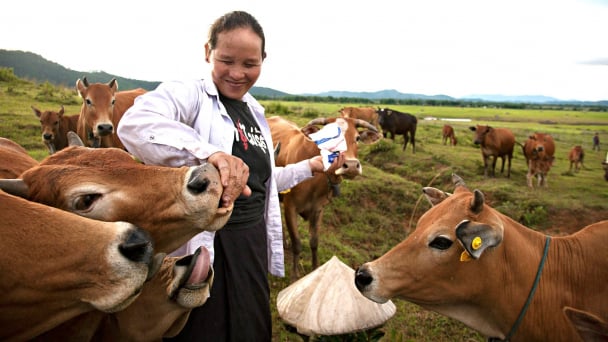
(VAN) The One Health approach is no longer merely an option, as increasingly complex challenges confront health and food systems.
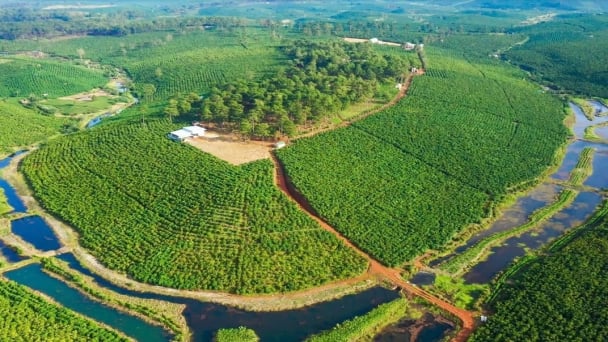
(VAN) The project promoting sustainable coffee production, with a focus on waste management and raising farmers’ awareness, has achieved many positive results after nearly two years of implementation.
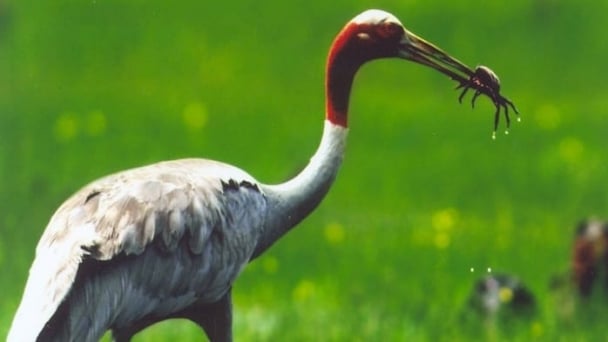
(VAN) Transferring and receiving 6 individuals of the red-crowned crane from Thailand to Vietnam marks a significant milestone in the conservation efforts for this species.
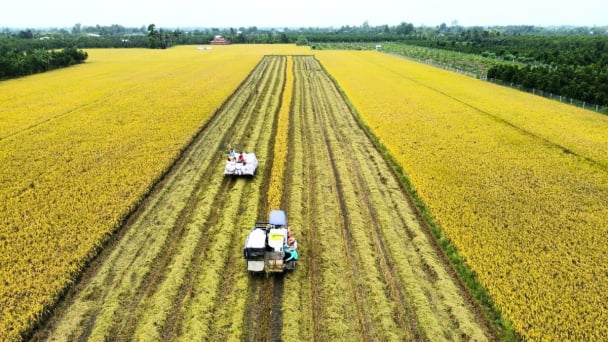
(VAN) After more than a year of implementation, the One Million Hectares of High-Quality, Low-Emission Rice project has completed the first steps, but it needs breakthrough solutions to deepen impacts in the upcoming phase.